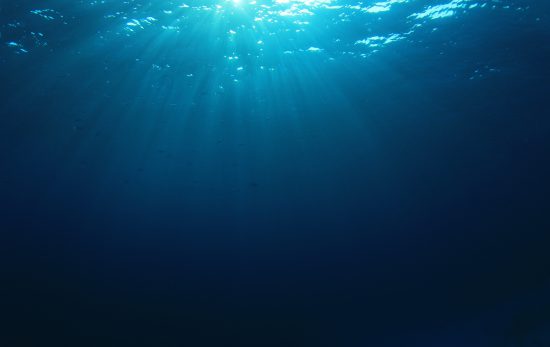There’s a small bright spot in our COVID-19 world. Local waterways and beaches are thriving with fewer people around and marine mammals and schools of fish have been spotted closer to shore.
What does this mean for divers? Your local dive spots are going to be better than you’ve ever seen them before.
Here are four more reasons to do your next PADI® course locally.
#1 Support Your Local Dive Shop
Take one terrifying moment to imagine life without your local dive shop.
- Where would you get your tanks filled?
- Where would you go for advice about local diving?
- Where would you go for honest, expert advice about the best dive gear for you?
- Who would tell your outrageous and hilarious diving stories?
Phew, okay, let’s not think about that anymore. Instead, consider your next scuba adventure. Do you want to improve your underwater photography or videography? Learn more about marine life? Or maybe you feel a little shaky about your scuba skills because you haven’t been diving in awhile?
Good news. Your local PADI Dive Shop can help you with any and all of the above.
Simply visit padi.com, choose one or more eLearning courses and get started. The dive center or resort you choose at checkout will immediately benefit from your purchase. It’s an ideal way to learn something new and show your support for the amazing humans who run your local dive shop. If you don’t have the time or the means to enroll in a scuba course, here are 15 other ways you can show your support.
#2 You Have World-Class Diving Close to Home
Many people try scuba diving for the first time in a tropical environment. Unfortunately, some divers convince themselves they can only dive in warm water and never experience the world-class diving in their backyard.
Península Valdés, Argentina, British Columbia, Canada, California, USA, Australia, New Zealand, and South Africa are just a few of the world’s best diving destinations that require something more than a shorty for thermal protection.If you’re a certified diver in one of these locations, what are you waiting for? And if you live in other areas around the world, you’ll likely be surprised at the remarkable dive sites you can discover and explore right near home. Local lakes, rivers and shores shouldn’t be underestimated.
Many of the destinations listed above don’t require a dry suit, but depending on how much “bioprene” you have, a dry suit can make your dives more comfortable. Ask a local PADI Dive Shop about the Dry Suit Diver Specialty course to find out if a dry suit is right for you.
#3 Flexibility – Take As Much Time As You Need
A sudden storm, stuffy nose, or angry stomach are just a few of the unpredictable things that can derail your scuba course. When you’re far from home, you can’t do much besides hope the problem goes away before you have to leave.
When you do your dive training locally, the pressure is off. You can take the time to hone your skills and relax. If something comes up, you can always reschedule.
The PADI Rescue Diver course is a good option if you live somewhere diving isn’t possible year-round. Much of the training takes place in a pool, which may sound boring, but it’s serious fun. Many people say Rescue Diver was their favorite scuba course.
You’ll take turns role-playing different scenarios and, when you’re not laughing at your fellow divers’ acting “skills,” you’ll learn how to manage and avoid problems. By the end, you’ll have new friends and greater confidence in your diving abilities.
Here’s something most divers don’t know: you don’t have to be an Advanced Open Water Diver to start Rescue Diver training. If you have an Open Water Diver certification, you can participate in Rescue Diver pool sessions. After earning your Advanced Open Water certification, you can complete the remainder of your Rescue Diver training in as little as one day.
#4 Being Asked – Where Do You Dive Around Here?
After telling someone you’re a diver, they often ask, “where do you dive around here?” At this point, you can sheepishly confess that you only dive on holiday; or you say, “yeah, there’s a lot of interesting underwater life at ABC Cove.”
Next, pull out your phone and show them some underwater video you shot. Now you’re no longer just a friend or co-worker. Not anymore. You’re the local Jacques Cousteau or Dr. Sylvia Earle.
Further Reading
16 Ways to Support Your Local Dive Shop
7 Signs You Need a Scuba Refresher Course
Top 6 Reasons to Learn to Scuba Dive Locally


